Médecins du Monde's 2023 Annual report
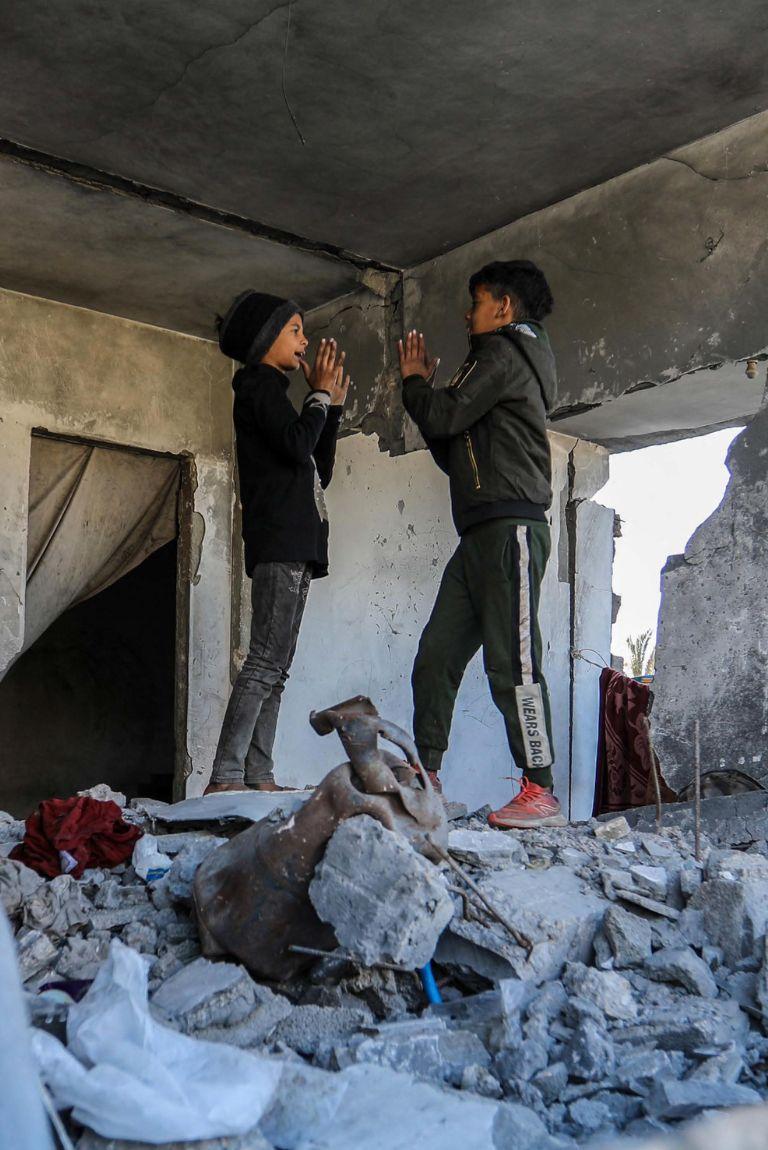
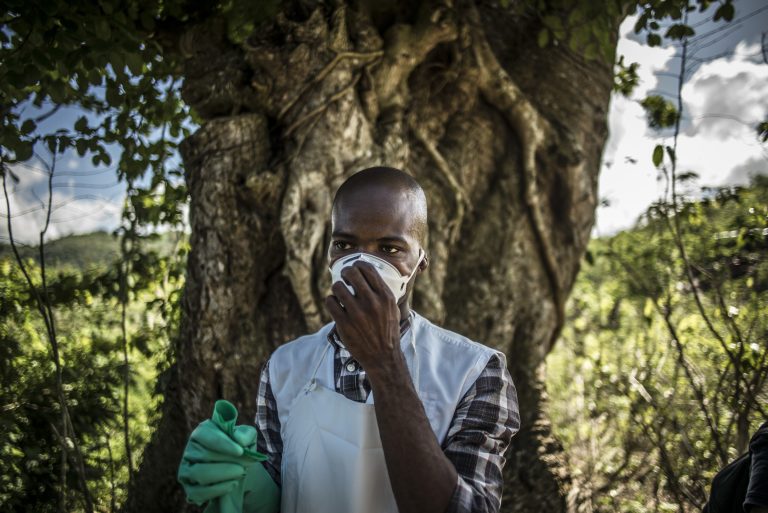
The aim of this paper is to present the different steps and rules for the preparation and implementation of quantitative surveys which must be rigorously implemented in order to make full use of the results (i.e. capturing representative data, applicable to the entire population).
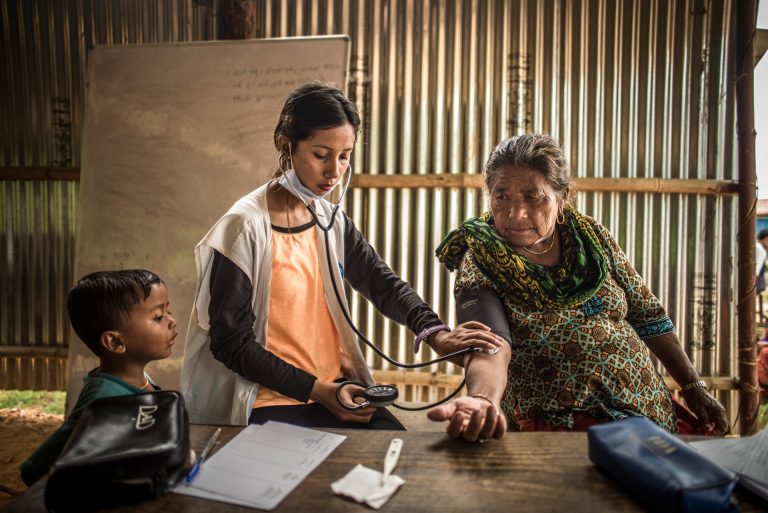
Central to the ethics and practice of Médecins du Monde for over thirty years, the issue of access to healthcare poses questions for our capacity as human beings and professionals to listen to and respect others. These same concerns and intentions are evident in the various approaches —community health, participative, de-westernising— developed at MdM. By increasing the professionalism of their activities, humanitarian organisations, including MdM, have successfully developed their logistics, human resources and communications. Today, professionalisation involves incorporating the ethical and operational added-value of social sciences, to improve the quality of international solidarity work.
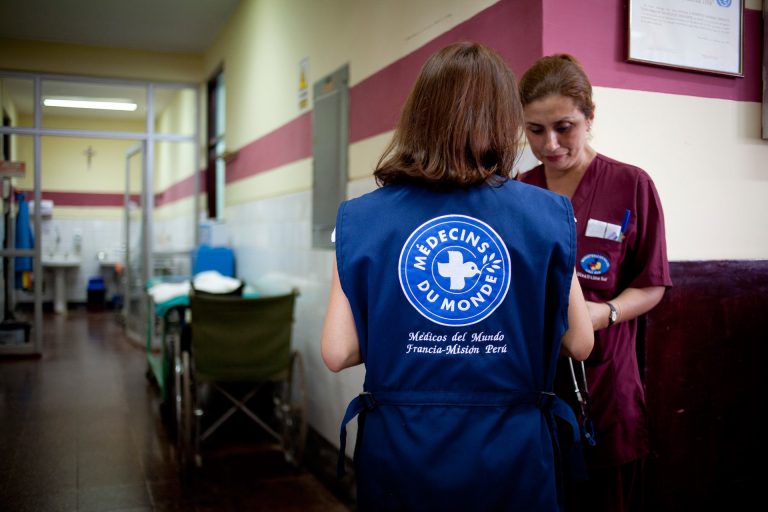
The aim of the methodology documents outlined here is to familiarise aid workers, who are not specialists in social sciences, with qualitative data-collection, methods and analysis. These documents briefly show the steps and rules to follow in order to correctly apply and use the qualitative methods of data collection suggested.

The aim of the methodology documents outlined here is to familiarise aid workers, who are not specialists in social sciences, with qualitative data-collection.
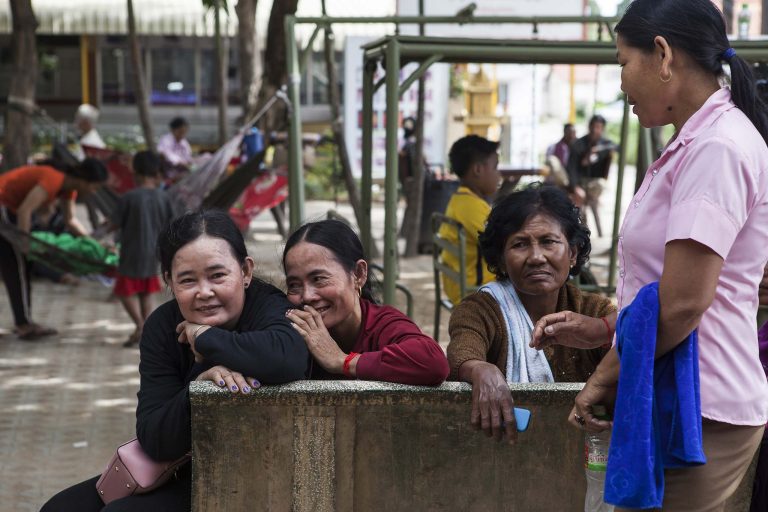
At least one in three women worldwide has been beaten, coerced into sex or abused in other ways, usually by her husband or another male family member. In France, one woman is beaten to death by her partner every four days. A survey conducted in Santiago, Chile, indicates that 80% of women admit to having experienced abuse, either by a male family member or their partner. In a study conducted in Bangladesh, 18% of female deaths result from injuries, intentional or not, and 52% occur during or immediately after pregnancy. The authors conclude that the underlying causes of these deaths are clearly social, and can be viewed as the result of men’s strict control over women’s sexual and reproductive lives.

Dans le cadre d’un projet transversal, sur la thématique des Violences Liées au Genre, Médecins du Monde France a conçu un guide thématique « Violences Faites aux Femmes : genre, culture et société ».












